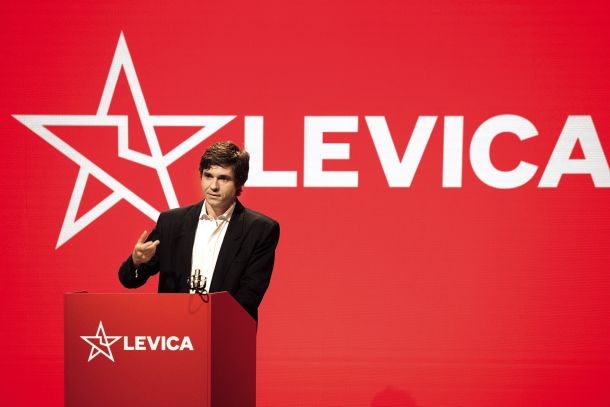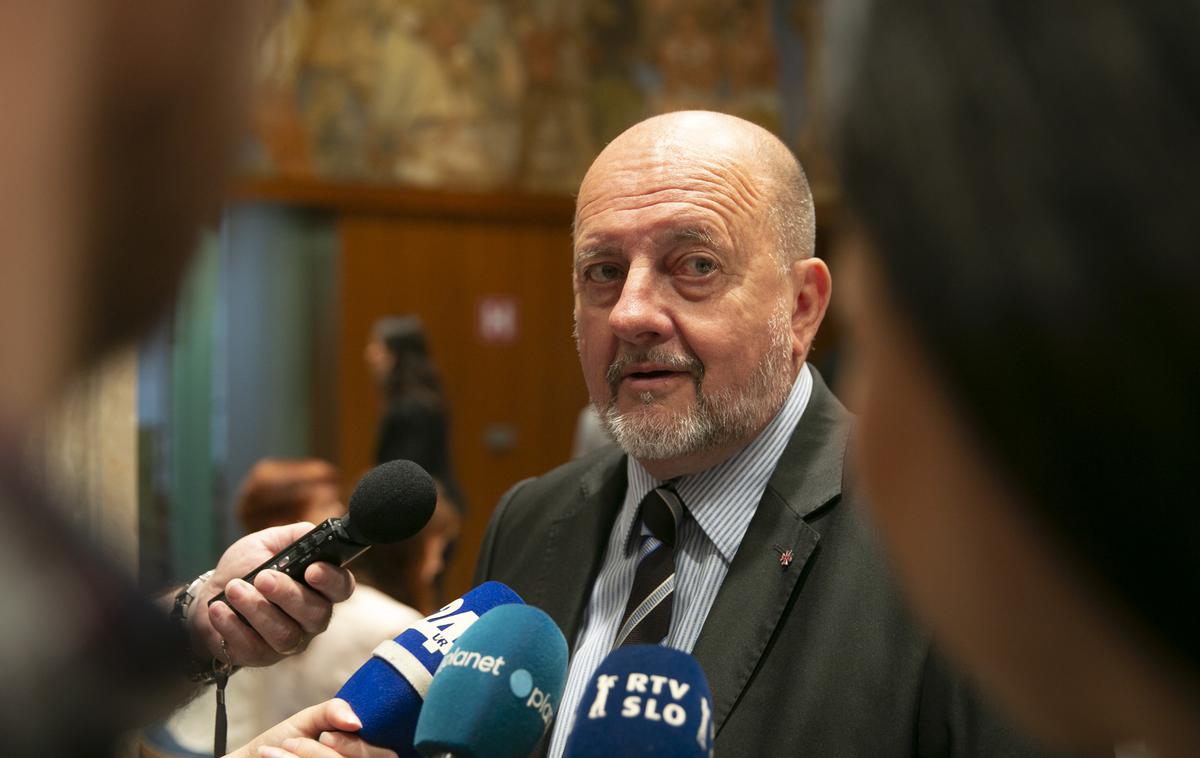In the 2011 snap parliamentary election, SDS won 26 percent of the vote but succeeded in forming a ruling coalition government amid economic downturn, implementing economic reforms including privatisation, budget cuts, and austerity measures. However, the reforms failed to alleviate economic troubles, leading to increased unemployment, falling living standards, and a recession. Protests erupted nationwide against austerity measures and corruption allegations, culminating in the collapse of the government and the appointment of a new Prime Minister in 2013.
In early 2020, disagreements over health insurance reform led to the resignation of Slovenia’s finance minister and Prime Minister Šarec, prompting a call for early elections. SDS managed to form a new government with the support of New Slovenia, DeSUS, and SMC, despite previous opposition to a Janša-led government from all three parties. Janša assumed office as Prime Minister for the third time with the coalition agreement outlining various policies including reintroduction of military service, healthcare reforms, carbon neutrality commitment, decentralisation, and tax reductions.
In a report on the state of democracy in Slovenia, Freedom House argued that “the current right-wing government has continued attempts to undermine the rule of law and democratic institutions, including the media and judiciary”.








